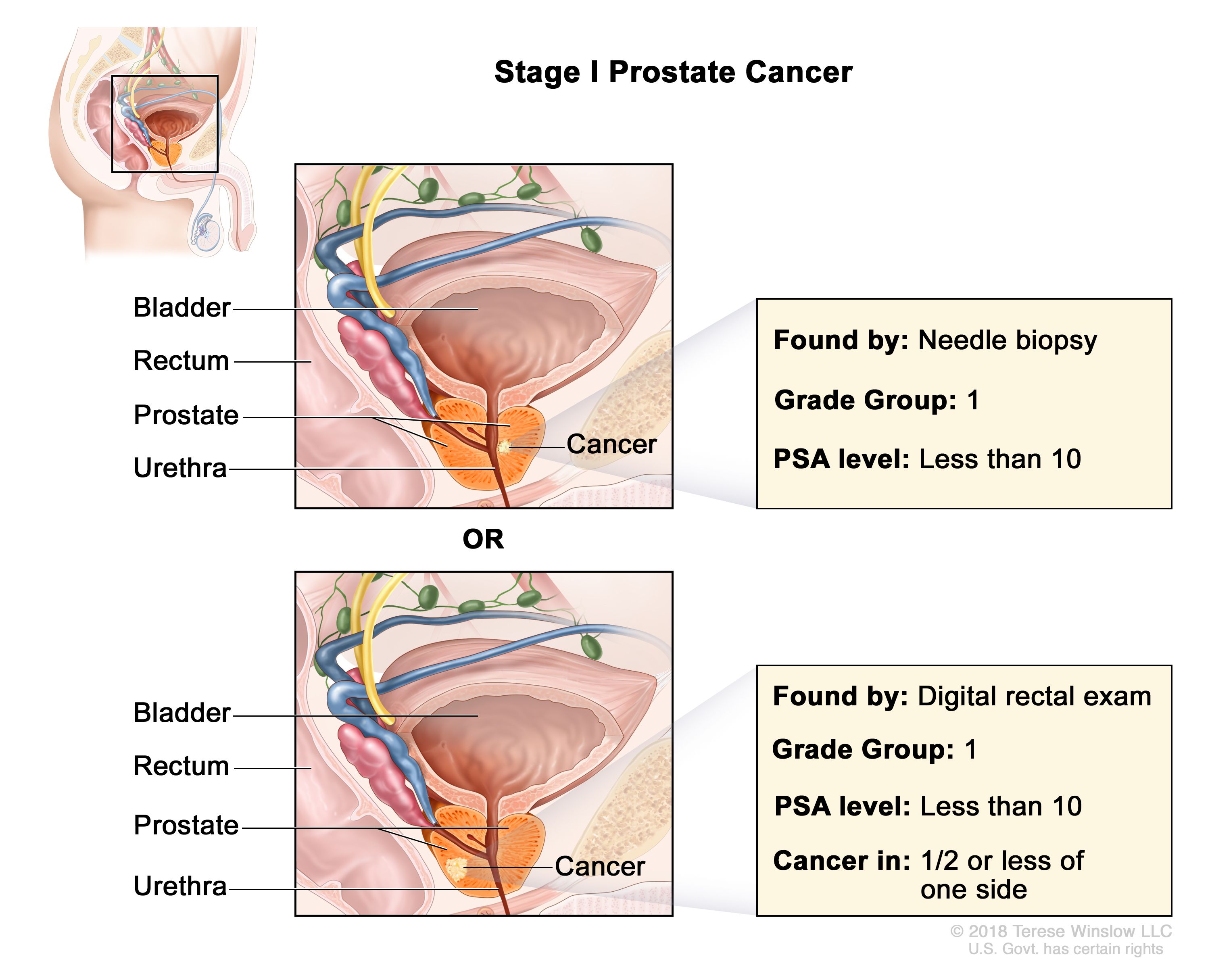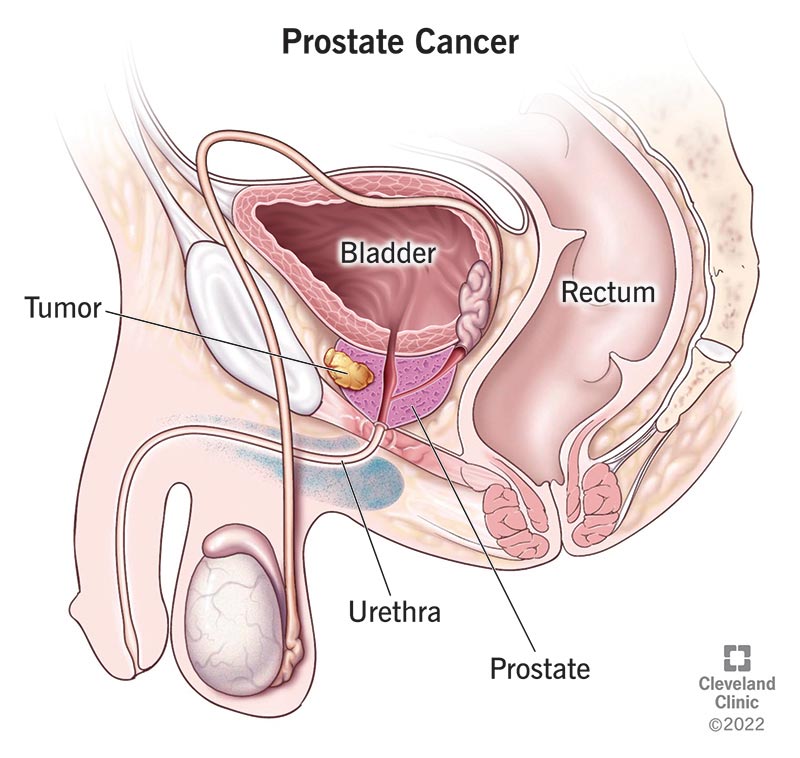The Main Principles Of Best Prostate Cancer Doctor
The Main Principles Of Best Prostate Cancer Doctor
Blog Article
Efficient Prostate Cancer Cells Therapy Choices for Guy
Prostate cancer cells is a widespread concern among guys, with treatment choices varying depending on the phase and aggressiveness of the illness. Additionally, strategies like watchful waiting and energetic surveillance are gaining recognition for their function in managing prostate cancer cells.
Surgery as Treatment Option
Surgical treatment stands as a key therapy alternative for prostate cancer clients in cases where the disease is local and surgery is regarded ideal by the medical care group. Prostate cancer cells surgical treatment intends to eliminate the malignant tissue from the prostate gland, either partially (prostatectomy) or completely (radical prostatectomy) The choice to select surgery is typically based upon numerous aspects, consisting of the stage of cancer cells, the client's total health, and possible negative effects.
One usual surgical method is robotic-assisted laparoscopic prostatectomy, which supplies precision and marginal invasiveness compared to standard open surgery. This technique utilizes robotic arms controlled by the specialist to remove the prostate gland with enhanced mastery and visualization.
While surgical procedure can be efficient in eliminating local prostate cancer, it may require dangers such as urinary system incontinence and impotence. Patients considering surgery needs to participate in comprehensive conversations with their healthcare carriers to weigh the advantages and possible disadvantages of this therapy alternative.
Radiation Therapy for Prostate Cancer Cells
Having actually checked out the duty of surgical procedure in dealing with local prostate cancer, the emphasis currently changes to reviewing radiation treatment as an additional essential treatment technique for this condition. Radiation treatment makes use of high-energy rays to ruin and target cancer cells in the prostate gland. There are two key kinds of radiation treatment generally made use of for prostate cancer cells: external beam of light radiation and brachytherapy.
Exterior beam radiation entails directing radiation from an equipment outside the body in the direction of the prostate. This method is typically carried out daily over several weeks. On the other hand, brachytherapy includes positioning contaminated seeds straight right into the prostate, providing radiation from within. This method permits a more targeted dosage of radiation to the growth while reducing direct exposure to surrounding healthy cells.
Radiation therapy can be a standalone therapy for local prostate cancer or used in mix with various other therapies, such as surgical treatment or hormone treatment, depending upon the stage and aggression of the cancer. Best prostate cancer doctor in Mumbai. Common adverse effects of radiation therapy may include tiredness, urinary issues, and digestive tract problems, which are normally short-lived and can be managed successfully
Hormonal Agent Therapy in Prostate Cancer
Hormone treatment is a crucial treatment approach in taking care of prostate cancer, particularly in situations where the cancer has actually spread out past the prostate gland. Prostate cancer cells frequently count on male hormonal agents, such as testosterone, to grow. Hormone therapy, additionally referred to as androgen deprivation therapy, intends to either reduce the manufacturing of these hormones in the body or obstruct their effects on the cancer cells.
There are different types of hormonal agent treatment available for prostate cancer treatment. One usual method is making use of medicines called LHRH agonists and antagonists, which work by decreasing testosterone degrees. One more option is anti-androgens, which block the action of androgens on the cancer cells. Some men might gain from a mix of these therapies to properly take care of the cancer cells.
Hormone therapy can help decrease the development of prostate cancer, minimize signs and symptoms, and boost lifestyle. It is not a curative treatment and may come with side impacts such as warm flashes, fatigue, and loss of sex drive - best prostate cancer doctor. Regular tracking and conversations with doctor are necessary to manage the results of hormonal agent therapy effectively
Immunotherapy for Prostate Cancer Cells
Immunotherapy has actually become an encouraging treatment modality for prostate cancer cells, providing new methods for combating the illness. Unlike traditional therapies like surgical treatment or radiation, which directly target cancer cells, immunotherapy jobs by harnessing the body's body immune system to recognize and strike cancer cells.
One type of immunotherapy being explored for prostate cancer is checkpoint preventions. These medicines target healthy proteins that avoid the body immune system from attacking and identifying cancer cells. By obstructing these proteins, checkpoint inhibitors can enhance the immune feedback against prostate cancer cells.
Another technique involves therapeutic injections, which stimulate the body immune system to target particular antigens found on prostate cancer cells. These vaccinations can aid the immune system recognize and destroy cancer cells better.


Watchful Waiting and Active Security
In the realm of prostate cancer cells monitoring, specifically for instances where hostile intervention may not be instantly required, the strategy of watchful waiting and energetic surveillance plays a considerable role. Careful waiting entails checking the cancer cells without immediate therapy, interfering only if the cancer reveals indications of progression. This strategy is typically considered for older clients with slow-growing lumps or those with multiple health problems where the risks of therapy may exceed the advantages.
Energetic surveillance, on the various other hand, involves routine monitoring with PSA examinations, digital anal tests, and regular biopsies. It is commonly suggested for individuals with low-risk prostate cancer cells to carefully track any kind of modifications in the cancer's actions. If best prostate surgeon in Mumbai there are signs of the cancer ending up being extra aggressive, therapy choices can be reassessed.
Both careful waiting and active surveillance aim to avoid unneeded treatments and their possible negative effects, such as urinary incontinence and erectile disorder, while ensuring prompt intervention if the cancer advances. These methods give a balance in between handling the cancer cells properly and maintaining the patient's lifestyle.
Verdict

Prostate cancer cells surgery aims to remove the malignant tissue from the prostate gland, either partially (prostatectomy) or totally (extreme prostatectomy)Having checked out the function of surgical treatment in treating local prostate cancer cells, the emphasis now changes to talking about radiation treatment as one more vital therapy method for this illness.Hormone treatment is an essential therapy technique in taking care of prostate cancer cells, particularly in instances where the cancer has spread past the prostate gland. Watchful waiting entails checking the cancer cells without prompt treatment, stepping in just if the cancer reveals indicators of progression. It is commonly advised for individuals with low-risk prostate cancer to carefully track any type of adjustments in the cancer's behavior.
Report this page